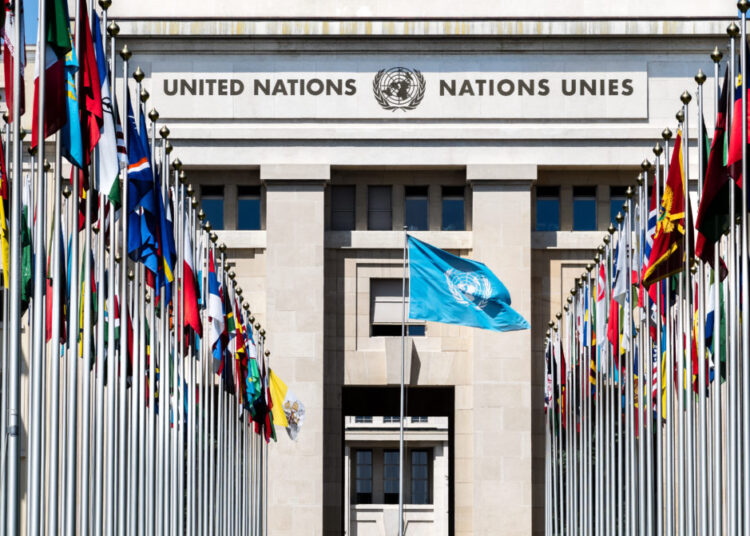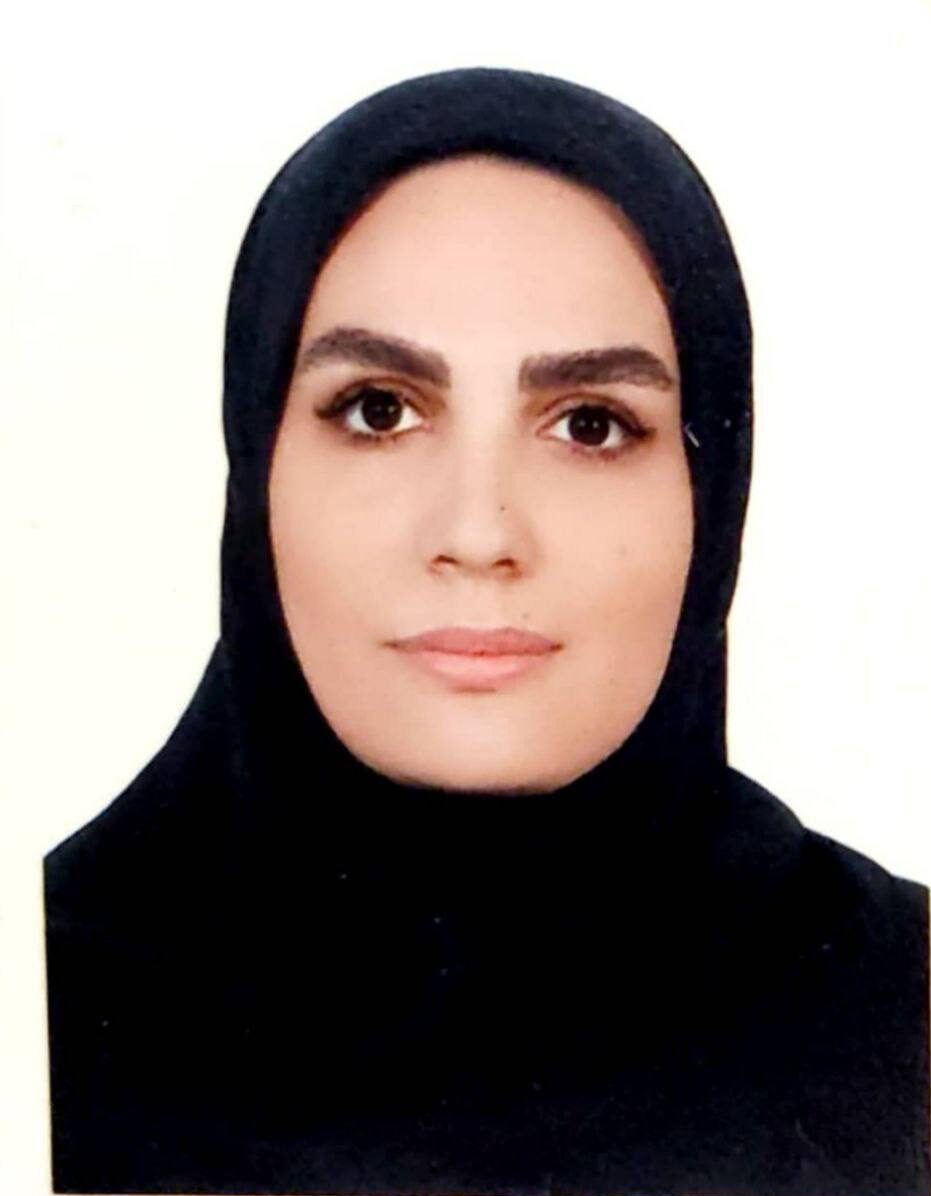The recent resolution symbolizes the first serious concrete action followed and realized by Islamic nations in the Human Rights Council, in response to the desecrations perpetrated against the Quran.
By: Masoumeh Poorsadeghi
On the afternoon of Tuesday, July 11, the Human Rights Council (HRC) convened in the heart of Geneva for an “Urgent Debate” at the behest of Islamic nations amidst the 53rd session of the council (June and July session).
The meeting spanned over five hours on Tuesday afternoon and spilled over into the morning of Wednesday, July 12. Renowned as the epicenter for the meetings of the Human Rights Council and its related apparatus, room XX of the United Nations headquarter in Geneva was a sight to behold. With four hundred representatives of governments, United Nations officials, and non-governmental human rights organizations, the hall was resoundingly alive. Simultaneously, hundreds more, unperturbed by geographical constraints, joined the meeting virtually, ready to perceive the international community’s initial response to a trend with roots in three decades of Islamophobia and anti-Islamic measures worldwide.
Islamophobia – a tide of prejudice and derogatory actions against Muslims – has been no stranger to Europe for more than thirty years. However, 2023 dawned with a grim distinction; the sheer magnitude of such hostilities solely in the first half of this year has catalyzed considerable apprehension among the global Muslim populace, totaling two billion in number. Particularly, the June 28 incident in Stockholm, Sweden, outside the grand mosque where an individual egregiously burned Quran under police permission, served as one of six exemplars perpetrated in European countries, primarily in Sweden.
Furthermore, the steep arc of this thirty-year trajectory has constantly been met with vehement objection spurred from the world’s Muslims, religious leaders, political leaders of Islamic countries, the Muslim community across numerous European nations, and in a rare handful of instances, from the echelons of the United Nations officials.
From the ashes of the events transpiring on September 11, 2001, the Western media has unleashed a torrent of distressing biases, unprecedented in their reach and tone, aimed at manipulating a global audience to perceive Islam and Muslims through a lens clouded by terrorism. In this disheartening equation of “Islam” with “terrorism” and “Muslims” with “terrorists” by the West, the reprehensible actions of terrorist groups like Al-Qaeda and later ISIS have played a pivotal role, generously fueling the media’s twisted narrative. Meanwhile, significant number of American and European security and political officials have admitted a critical involvement of western intelligence services both in the formation and provision of political, financial, and military support to these death-dealing entities.
European authorities, under whose watch numerous instances of anti-Islamic transgressions, including insults to the Quran and the Prophet of Islam, have occurred, have consistently exhibited reticence in decrying these actions in their territories. They brazenly justify all these actions against Muslims and their revered emblems, chiefly the Quran and Prophet of Islam, under the thinly veiled guise of the right of “freedom of expression”. These European states have displayed an unyielding resistance to acknowledging their duty to uphold the International Covenant on Civil and Political Rights (ICCPR), which delineates that the freedom of expression, while as a fundamental right, is far from absolute, and must implement within legal boundaries enshrined in ICCPR. That is to say, using this “right”, where it incites hatred, discrimination, and hostility, should be proportionately limited on a legal basis.
The Universal Declaration of Human Rights emphasizes the enjoyment of human rights hinged upon the respect for others’ rights and guided by observing some societal considerations and limitations. Consequently, no international document on human rights exists that endorses and esteems these rights in an absolute, unchecked manner. In every discourse on human rights, the individual’s “responsibility” toward others and their societal framework resounds alongside. The political authorities of Western countries have displayed relentless unwillingness to embrace this perspective, justifying Islamophobic and anti-Islamic actions under the banner of the “right to freedom of opinion and expression.”
In light of the escalating trend of “Islamophobia” steadily permeating Europe, a unanimous resolution came to pass in the General Assembly. This resolution declared a day as “International Day to Combat Islamophobia”. Set into motion on March 17, 2022, this resolution named March 15 as the International Day to Combat Islamophobia.
Nonetheless, the marking of this day could not effectively capture global public awareness toward this mounting phenomenon, assumed to be orchestrated by a think tank with meticulously planned stratagem. The choice of March 15 as the International Day to Combat Islamophobia harkened back to a grim milestone: on this day in 2019, an Australian extremist racist tragically committed a brutal attacks on two New Zealand mosques, resulting in the death of 51 Muslims and wounding dozens of men, women, and children in the mosques.
A year subsequent to the adoption of the General Assembly’s resolution against Islamophobia, a fresh wave of anti-Islamic measures reared its head in Europe. Besides flouting the dignity of the religious leaders of Muslim countries, police in numerous European nations, with Sweden predominantly highlighted, awarded permits to a cohort of extremists to desecrate the Quran in public.
These measures were met with conspicuous silence by the High Commissioner for Human Rights along with HRC relevant human rights mechanisms. The High Representative for the United Nations Alliance of Civilizations condemned these incidents while the human rights officials in Geneva and European leaders preserved their silence. Despite attempts by Islamic nations to awaken a response through various alarms, the human rights authorities at the United Nations remained non-reactive.
Finally, the sixth incident of Quran desecration in Sweden in 2023 ignited a shock wave that compelled the Executive Committee of the Organization of Islamic Cooperation in Jeddah, Saudi Arabia, to call for an urgent assembly. This congregation demanded in its closing statement that political representatives hailing from Islamic countries in Geneva pursue this heinous act through human rights mechanisms in Geneva. Heeding the clarion call from Jeddah, Islamic nations in Geneva proposed an urgent debate to the President of the Human Rights Council in Geneva. At length, on the designated day of Tuesday, July 11, the debate was conducted, and its incumbent resolution followed for approval on Wednesday, July 12.
Why does the Human Rights Council resolution in reproach of Quran burning hold significance?
This resolution symbolizes the first serious and fruitful concrete action followed and realized by Islamic nations in the Human Rights Council, in response to the desecrations perpetrated against the Holy Quran. The magnitude of this progression is further amplified when one notes that this resolution was not initiated and considered in a HRC regular session but in an “urgent debate” – in essence, a special session of the Human Rights Council. The collective resolve, determination, and seriousness of Islamic countries addressing this matter are unambiguous and are a manifestation of unity hitherto unseen, especially accentuated by recent cordial developments such as the restoration of diplomatic ties between Iran and Saudi Arabia.
Despite encountering resistance from the European Union, the United Kingdom and the United States, the resolution secured the decisive vote of 28 members from the 47-strong Human Rights Council. The involvement of a diverse range of nations stretching across varied geographical regions, including non-Islamic states, elevates the significance of the successful voting outcome. The significance of the voting is further highlighted when considering the votes of the 18 Muslim member countries in conjunction with those of nations such as Cuba, China, Vietnam, South Africa, Argentina, and Ukraine.
Further, the resolution’s text is laden with crucial components that will augment the document’s importance over time. The resolution explicitly condemns any acts of Quran burning, marking the first instance of the United Nations formally addressing and denouncing the matter of “Quran burning” in an official international document relating to human rights.
The formulation of the recent Human Rights Council resolution bears significance not only for the Quran and Muslims but also for other monotheistic religions and their holy texts, since it repudiates any offenses directed toward these religions and their sacred books.
In accordance with the resolution, the Human Rights Council has earmarked specific actions for its agenda, spanning a year and three consecutive sessions in Geneva for deliberation. Included in these actions is an oral report which the High Commissioner for Human Rights must present at the council’s September session, subsequent to which countries and non-governmental organizations may engage in an interactive dialogue over it.
Despite complete awareness of the cultural climate in Islamic nations and the sensitivities of Muslims, the current High Commissioner for Human Rights is maintaining resistance against condemning actions like burning of the Quran. He attempts to evade denouncing Quran burning and offenses to other revered symbols of Muslims and other monotheistic religions, citing the “right to freedom of expression.”
Lastly, there is a serious question in the minds of numerous Muslims. If the Swedish police regularly endorse the burning of the Quran in the name of ‘freedom of expression’, would they similarly condone the burning of the six-colored flag symbolizing homosexuality and the emblems of other deviant groups?
The views expressed in this article are those of the author and do not necessarily reflect the positions of Iran Nuances.






